Box braids, a classic hairstyle with cultural importance in African and African-American communities, have been welcomed for their beauty and utility. These complex braids are a reference to a rich ancestry as well as a fashion statement. However, amidst their popularity, a pressing question arises: Do box braids damage hair?
What are Box Braids?
Box braids are a protective styling technique in which hair is separated into square parts and braided from the roots to the ends, with synthetic or natural hair extensions added for length and volume. They range in size from small and delicate to huge and commanding. Box braids have been used to symbolize wealth, rank, and other things since early African civilizations. They are now a versatile alternative for people of all ages, adaptable to varied hair lengths and types.
The Benefits of Box Braids
Box braids are appealing because they are low-maintenance. They can endure for several weeks after installation, reducing daily styling time. They protect the hair from external stressors such as wind, sun, and extreme temperatures, which can cause damage. Furthermore, because the hair is not treated daily, it can assist in keeping the length as it grows. Box braids are also a canvas for self-expression, with unlimited styling, color, and accessory options.
The Potential for Damage
Despite its benefits, box braids can cause damage if not done or managed properly. Too tight braids can cause traction alopecia, a type of hair loss caused by continual pulling on the hair roots. Heavy extensions increase the risk by adding weight to the scalp. Neglecting the scalp and hair when wearing box braids, such as not washing and moisturizing on a regular basis, can result in product buildup, dryness, and breakage. Furthermore, wearing braids for long periods of time without a break can aggravate these concerns.
Factors that Contribute to Damage
Box braids can lead to hair damage due to several factors:
1. Tight Tension:
● Too-tight braids can cause excessive tension on the scalp, producing irritation and perhaps traction alopecia. In this condition, the hair is pulled out of the scalp due to the tension, resulting in hair loss.
2. Heavy Extensions:
● Using extensions that are too heavy can put additional strain on the hair roots, exacerbating the risk of breakage and hair loss.
3. Improper Installation:
● If the box braids are not installed correctly, the risk of damage increases. This can occur if the parts of the hair are too large or too small for the braid's size or if the natural hair is braided unevenly.
4. Prolonged Wear:
● Keeping box braids in for an extended period without a break can lead to matting, buildup of products and dirt, and neglect of the natural hair and scalp.
5. Lack of Scalp Care:
● Neglecting adequate scalp hygiene can result in product buildup, dryness, and irritation, which can lead to scratching and additional damage to the hair and scalp.
6. Poor Hair Preparation:
● Not properly washing, conditioning, or detangling hair before installing box braids can make hair more susceptible to damage during the braiding process.
7. Inexperienced Stylist:
● A stylist without the proper experience or technique can cause damage through improper box braid installation, such as braiding too tightly or not handling the hair gently.
8. Neglecting Hair Maintenance:
● Failing to moisturize and protect the hair while in braids can lead to dry, brittle hair that is more likely to break when the braids are removed.
9. Environmental Factors:
● Exposure to harsh weather conditions without proper protection can make the hair dry and brittle.
10. Synthetic Hair Quality:
● Using synthetic hair of poor quality can lead to irritation and breakage. Some synthetic fibers can also be too coarse or heavy for the wearer's natural hair.
11. Lack of Moisture:
● Hair that isn't moisturized on a daily basis can become dry and brittle, making it more prone to breakage, particularly when handled or under tension from box braids.
12. Incorrect Removal:
● Taking out box braids without the proper technique or patience can lead to hair breakage and loss. It's important to remove braids gently and to detangle hair carefully.
To minimize the risk of damage when wearing box braids, it's important to address these factors through proper installation, maintenance, and aftercare practices. At uBraids, we recognize box braids' deep cultural roots and contemporary appeal. As a brand under the JALIZA Online Wig Store umbrella, we specialize in crafting braided wigs that honor this traditional style while offering the convenience and protection of a wig. Our wigs are designed to alleviate concerns about the potential hair and scalp damage from traditional box braiding techniques. We understand that hair is not just an accessory but a form of self-expression and heritage. Thus, we dedicate ourselves to creating products that are as respectful to your hair's health as they are to your time and style.
How to Prevent Damage When Wearing Box Braids
Prevention is the key to enjoying box braids without causing damage. It all starts with choosing a skilled stylist who understands the significance of proper techniques, such as parting hair for box braids with adequate tension, and can advise you on the best procedures for your hair type. Proper parting is crucial as it sets the foundation for even tension across the scalp and can help prevent unnecessary strain on hair follicles. Ensure your hair is clean, moisturized, and properly detangled before braiding begins. Select lighter extensions and a braid size suitable for the density of your hair to minimize stress on the roots. Maintain your box braids by washing the scalp regularly, applying mild oils or sprays to keep it hydrated, and sleeping with a silk scarf to reduce friction. Listen to your hair—if the braids seem too tight or uncomfortable, they may need to be redone more loosely.
Repairing Damage After Box Braids
After removing box braids, assessing the hair and scalp for any signs of damage, such as breakage, thinning, or bald spots, is crucial. If damage is present, gentle care is essential. Start with a hydrating deep-conditioning treatment to replenish moisture. Avoid heat styling and harsh chemicals, giving your hair a recovery break. Treatments such as light massages with essential oils can stimulate blood flow and support hair regrowth if the scalp has been affected. If the damage is severe or you notice signs of traction alopecia, consulting a professional trichologist or dermatologist is advisable.
Conclusion
When done correctly, box braids may be a gorgeous and protective alternative for people wishing to manage their hair with elegance and simplicity. However, it is critical to approach this hairstyle with the necessary expertise and care for your hair's health. You can enjoy the cultural and aesthetic benefits of box braids without compromising hair health by selecting expert stylists, correctly preparing the hair, maintaining a healthy scalp, and listening to your body's instincts.
Ultimately, box braids do not inherently damage hair; a lack of sufficient care can cause issues. Embrace the beauty of box braids, but also embrace the responsibility that comes with this iconic style. Informed decisions and attentive care are the foundations of any great hairstyle, ensuring that your hair remains as strong and vibrant as the cultural legacy of the box braids themselves. As an important component of hair care routine , uBraids aims to provide solutions that combine style with scalp and hair wellness. By choosing braids, you're not just buying a wig; you're investing in a premium, carefully constructed piece that's as concerned with your hair's integrity as you are.
Whether you're seeking to protect your natural hair, save time on daily styling, or simply enjoy the versatility of braids, uBraids is committed to meeting your needs with excellence and craftsmanship.





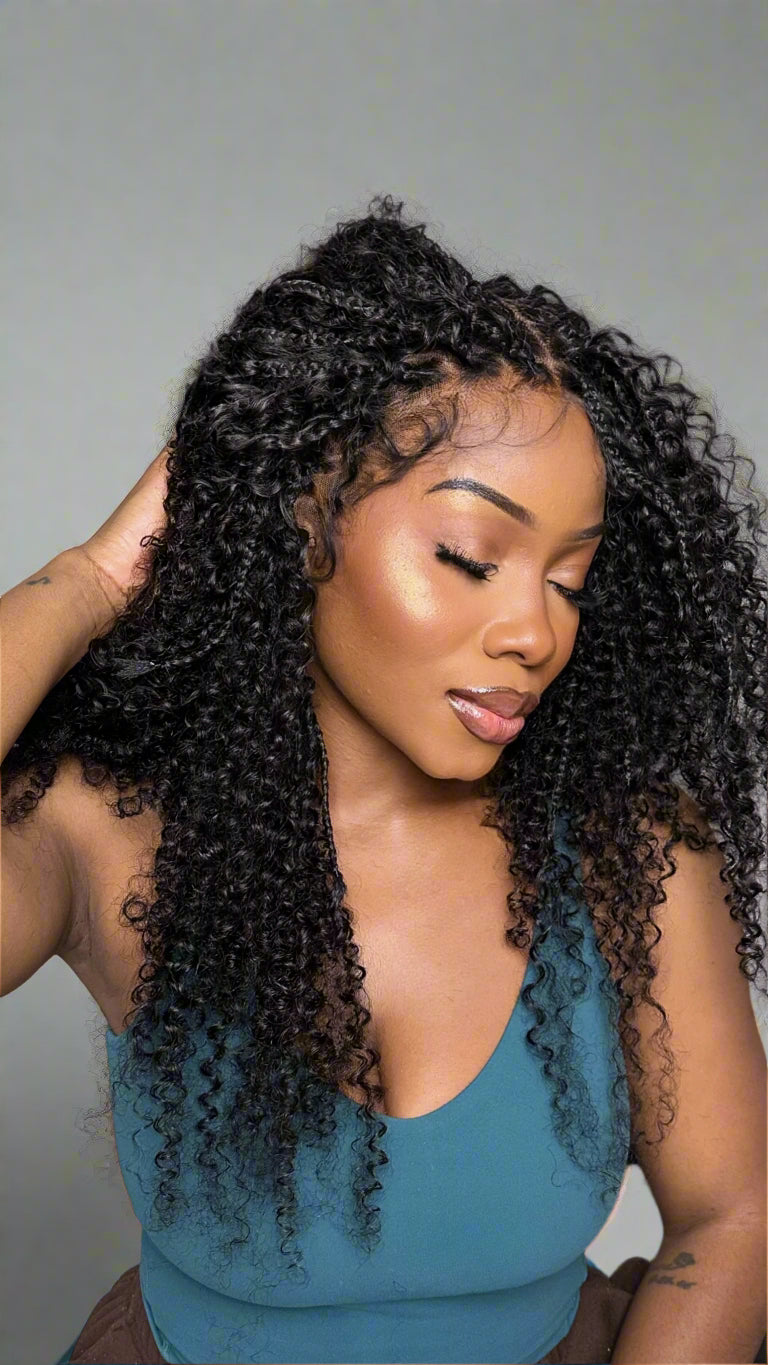
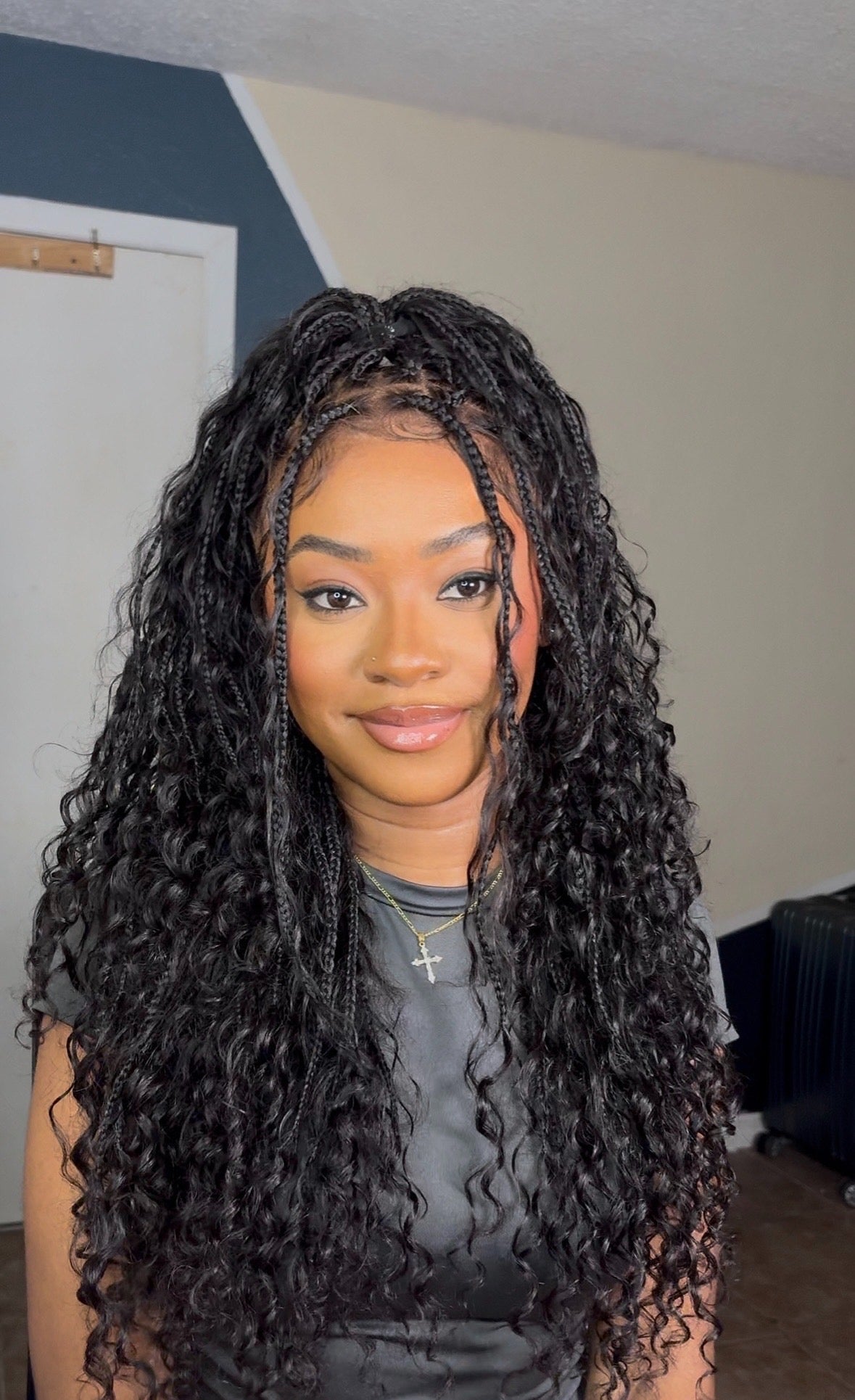
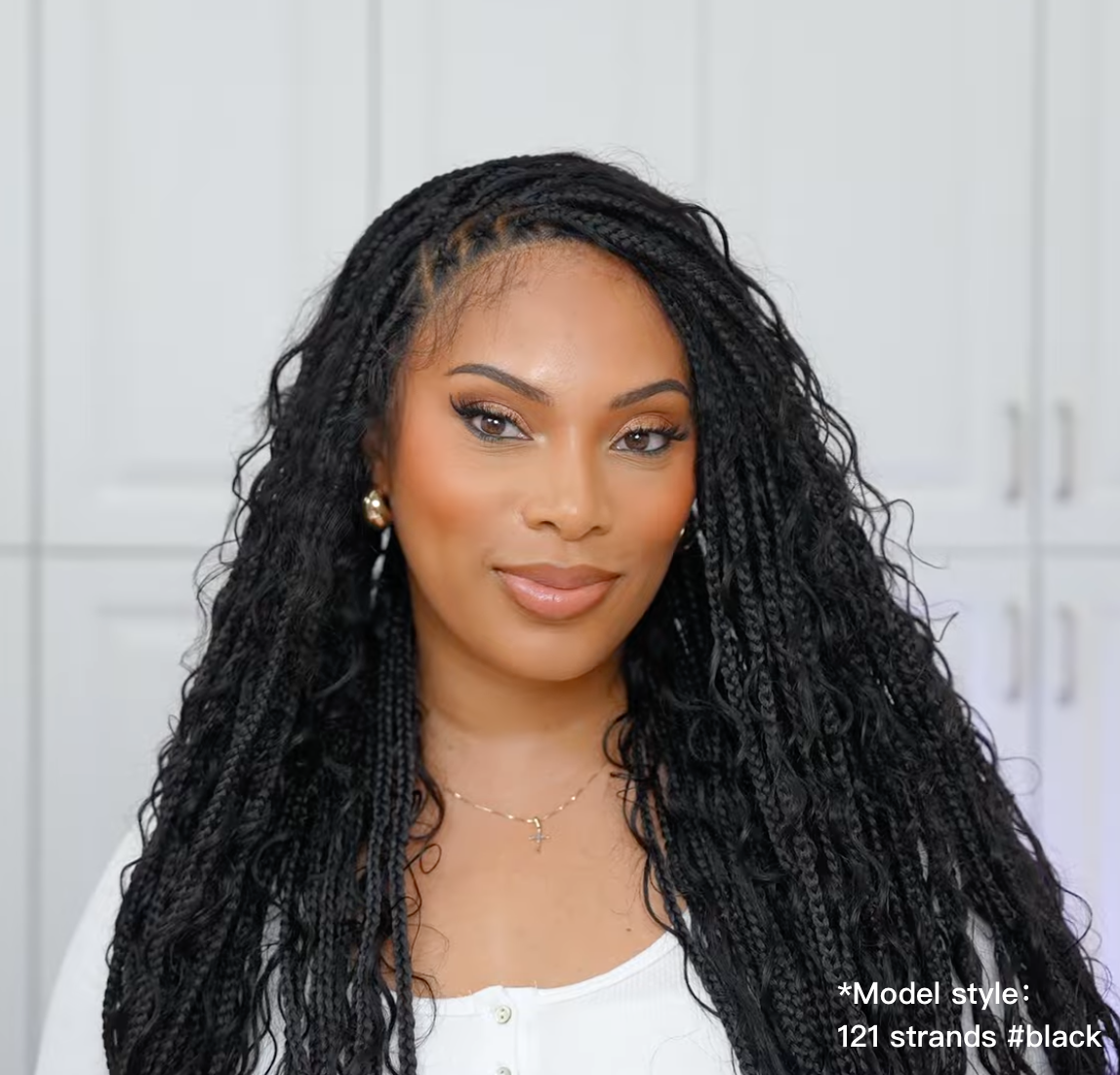
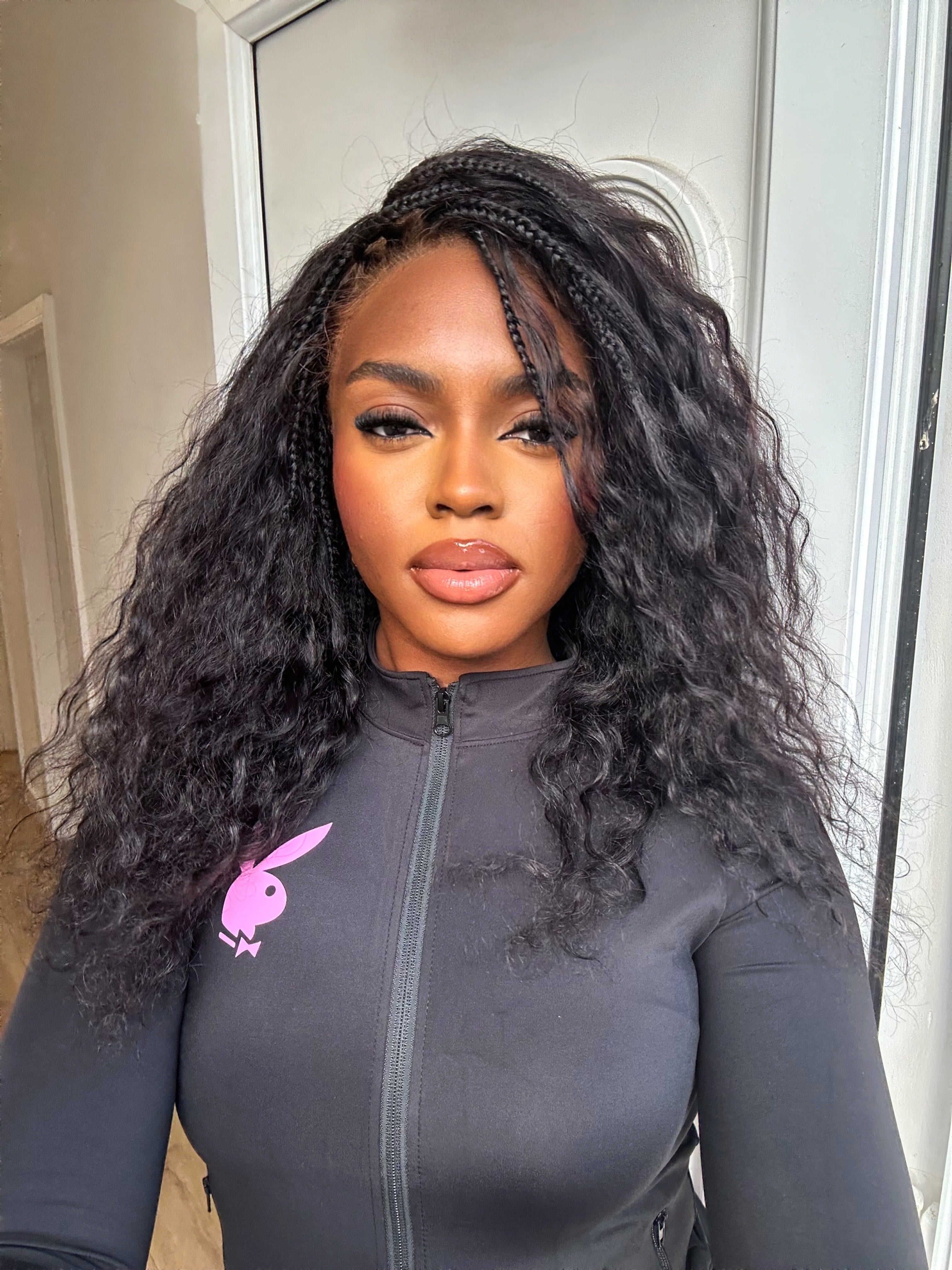
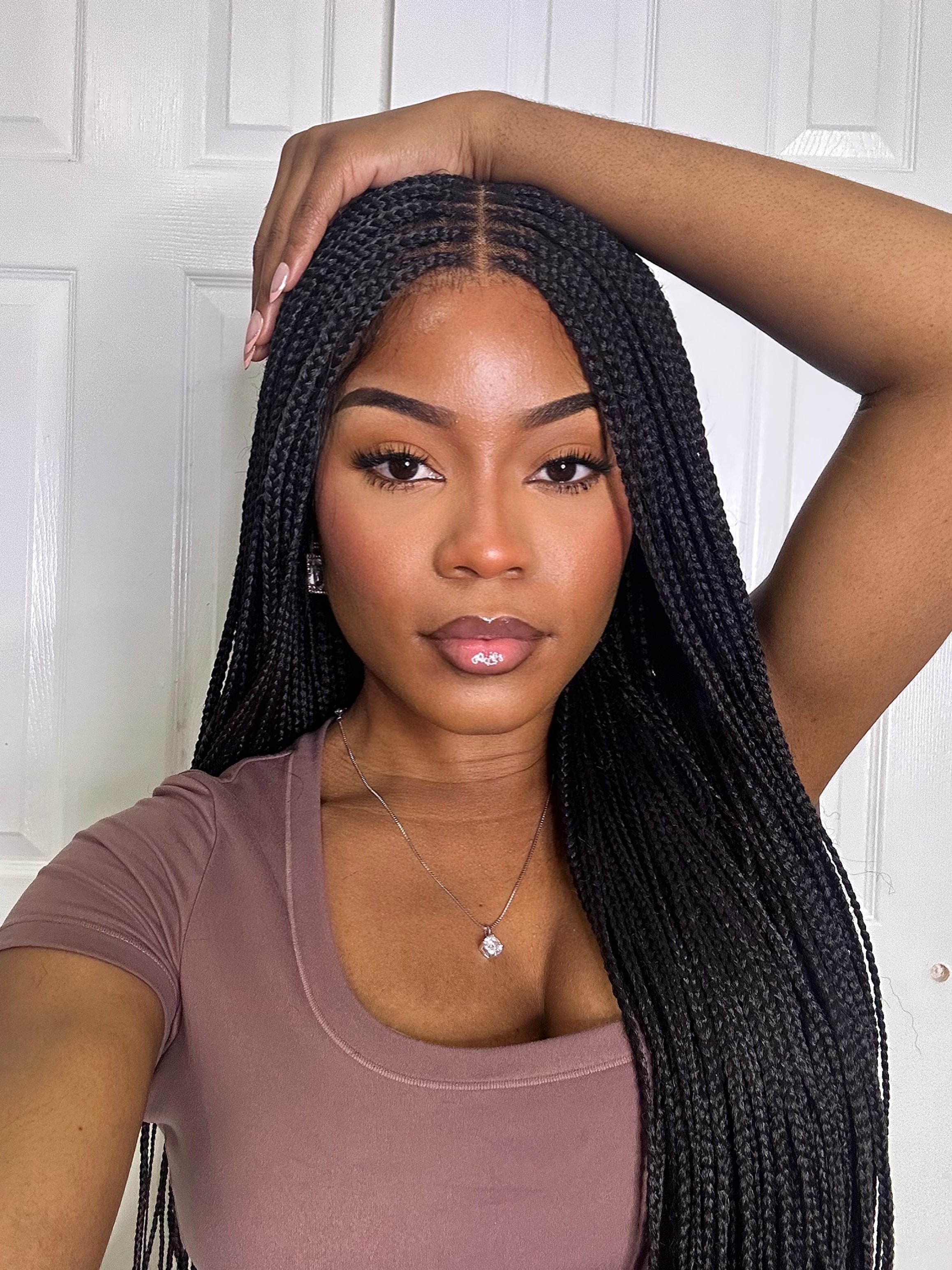
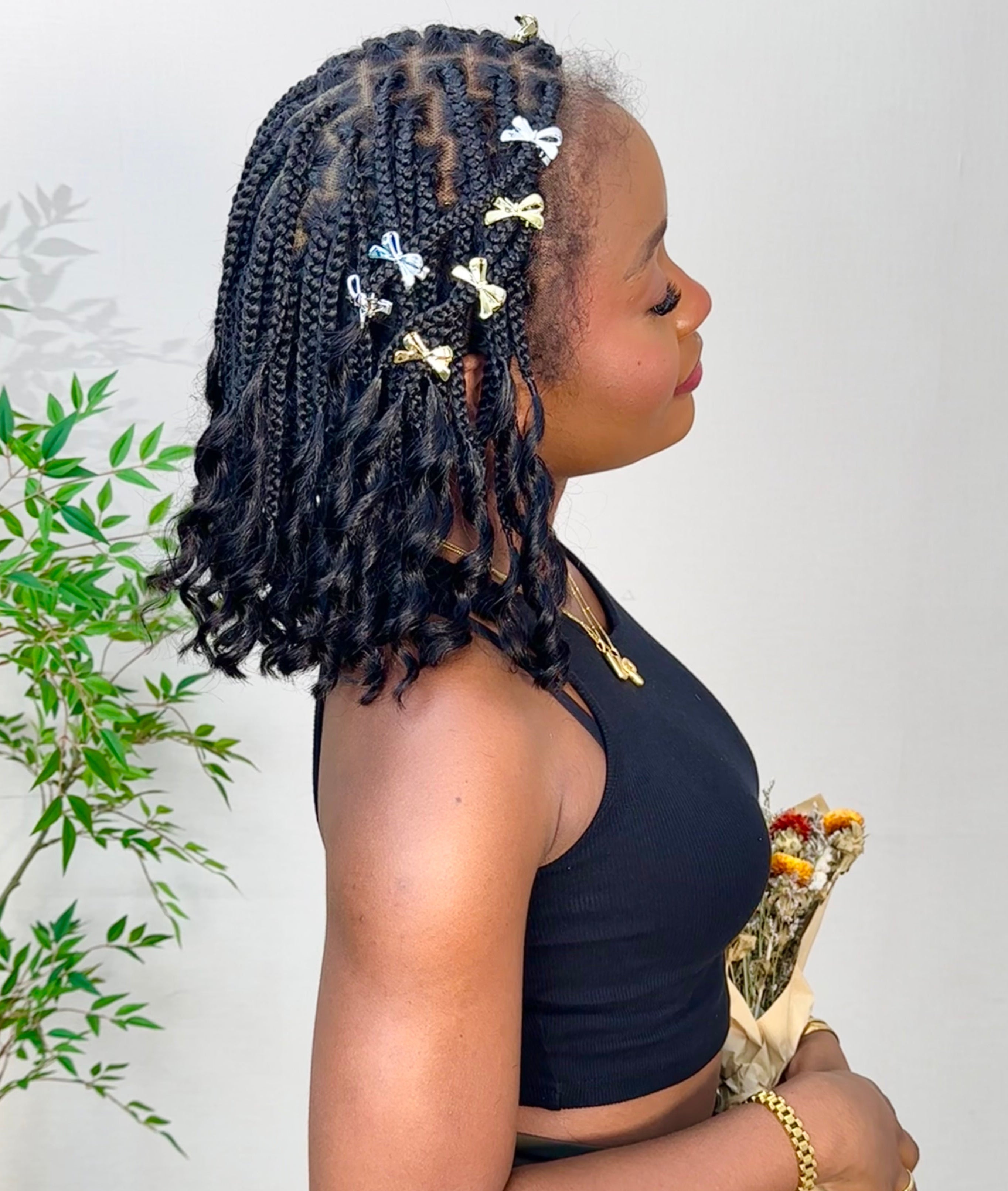
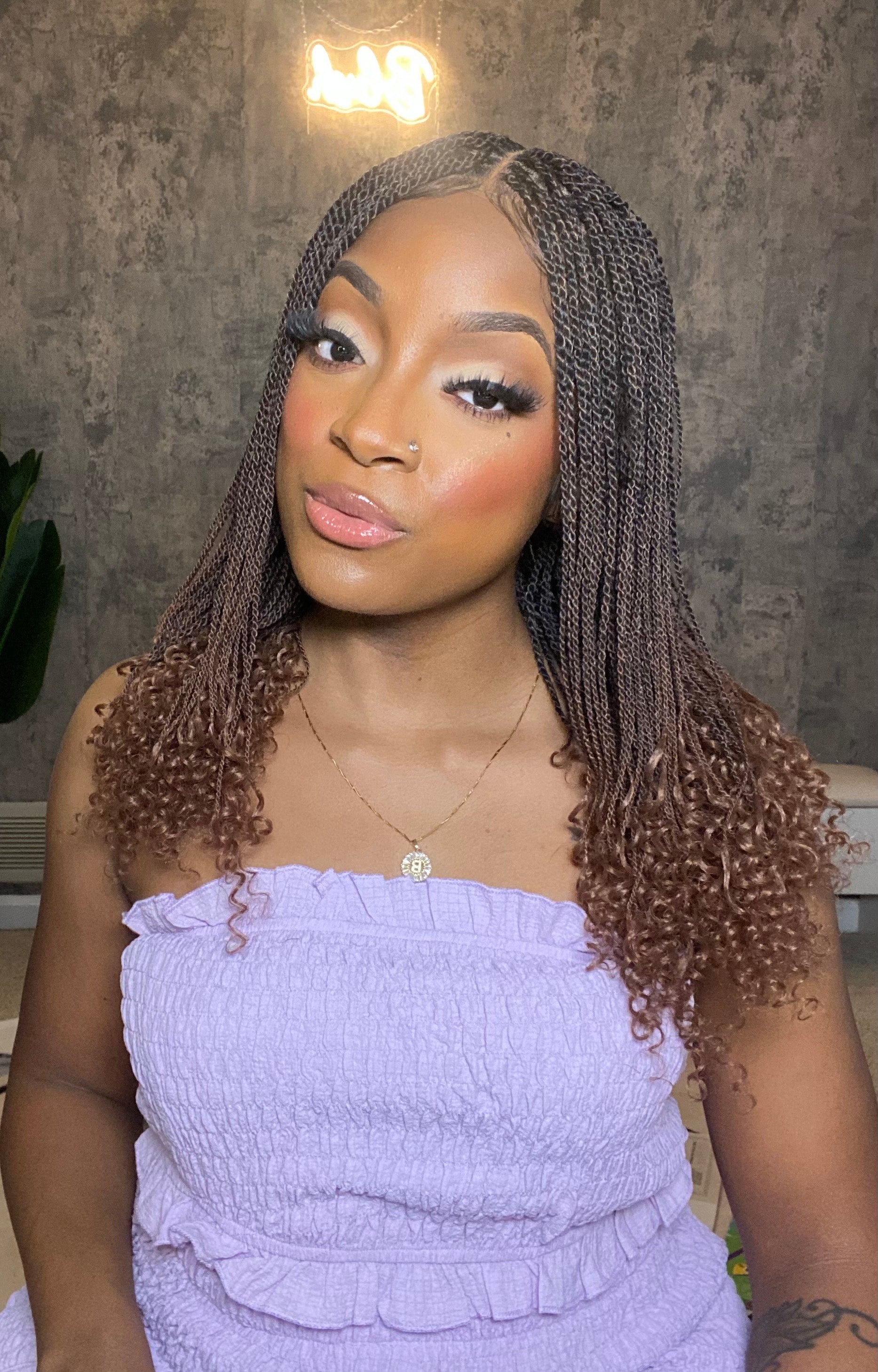
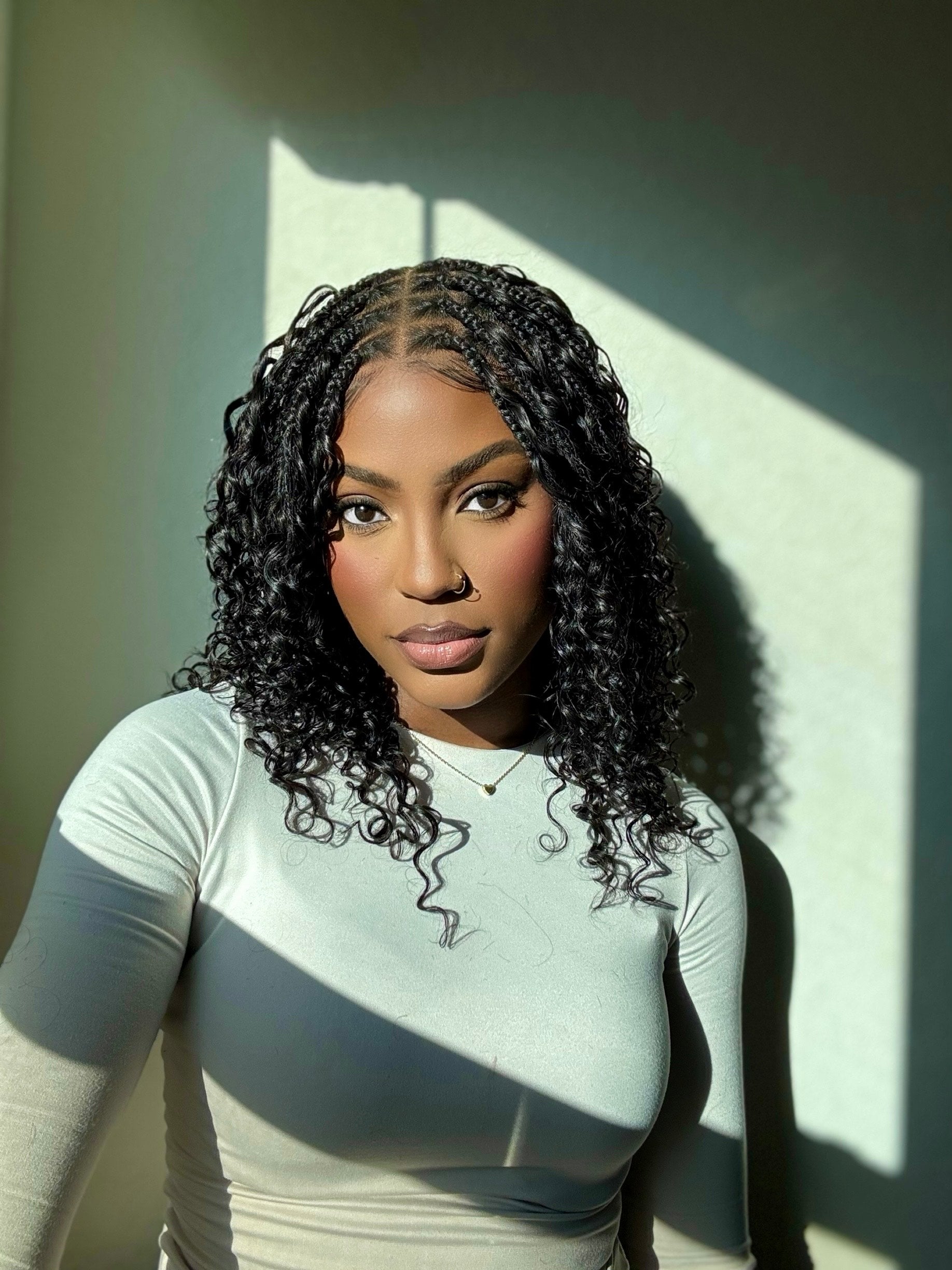
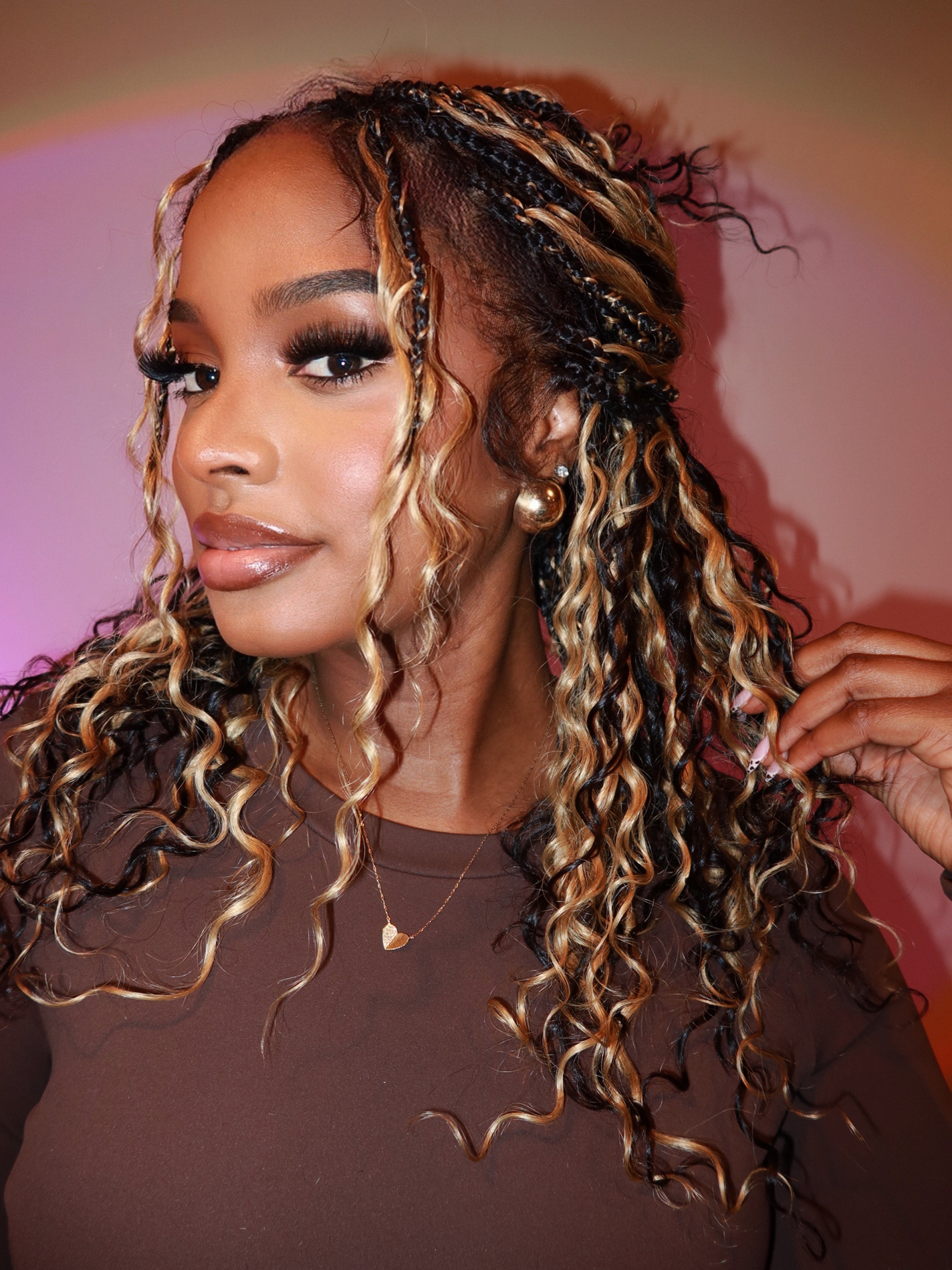
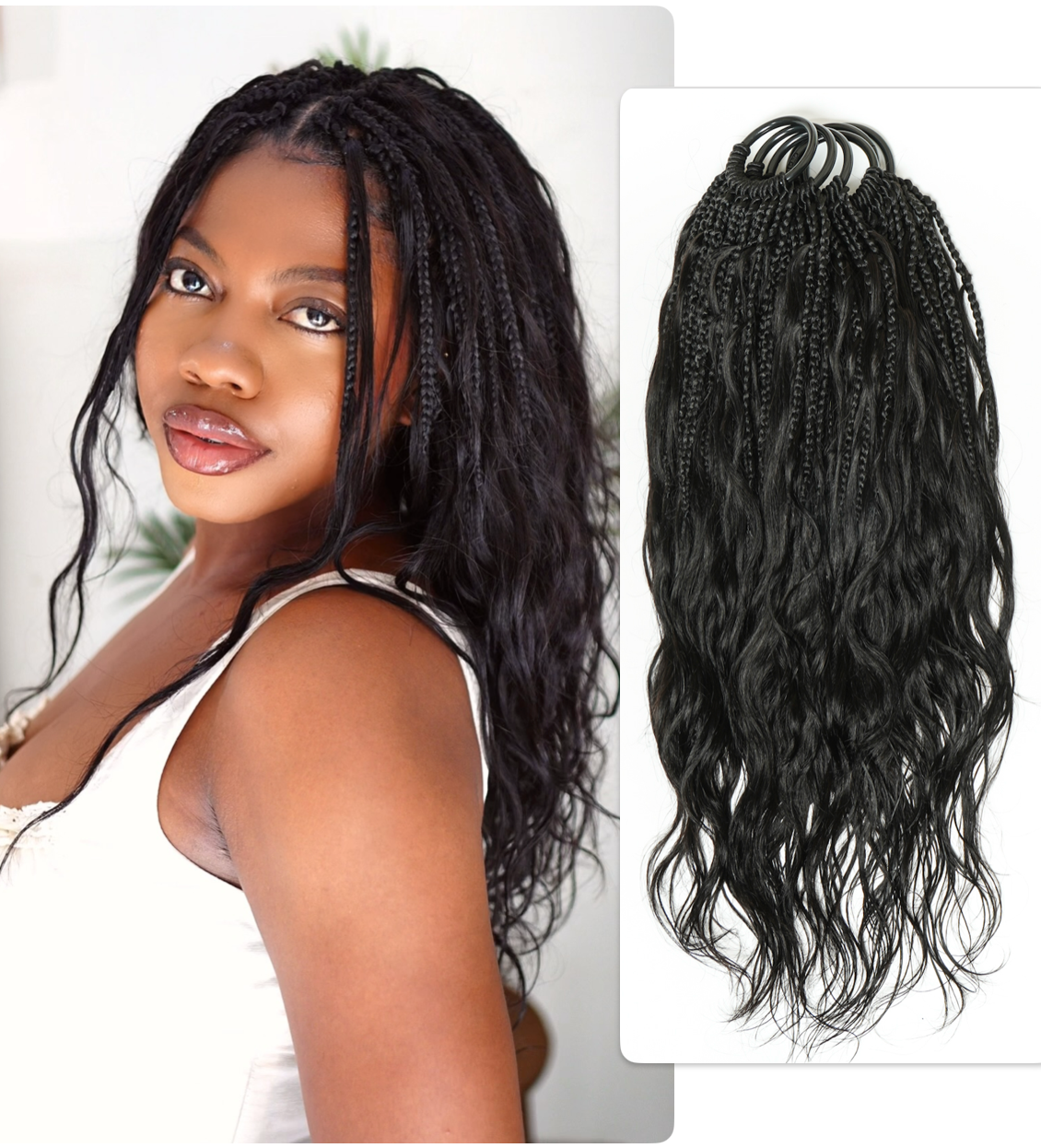
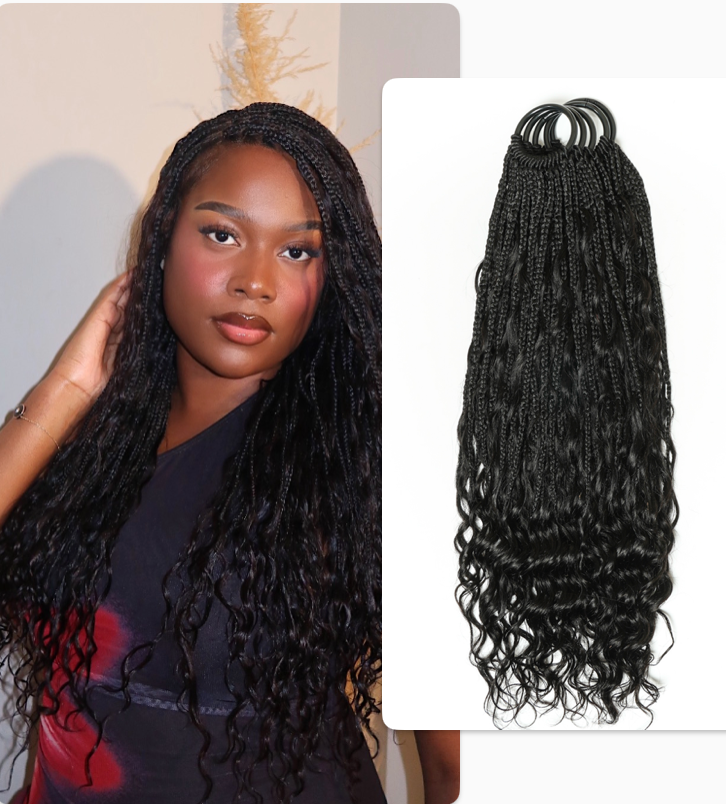
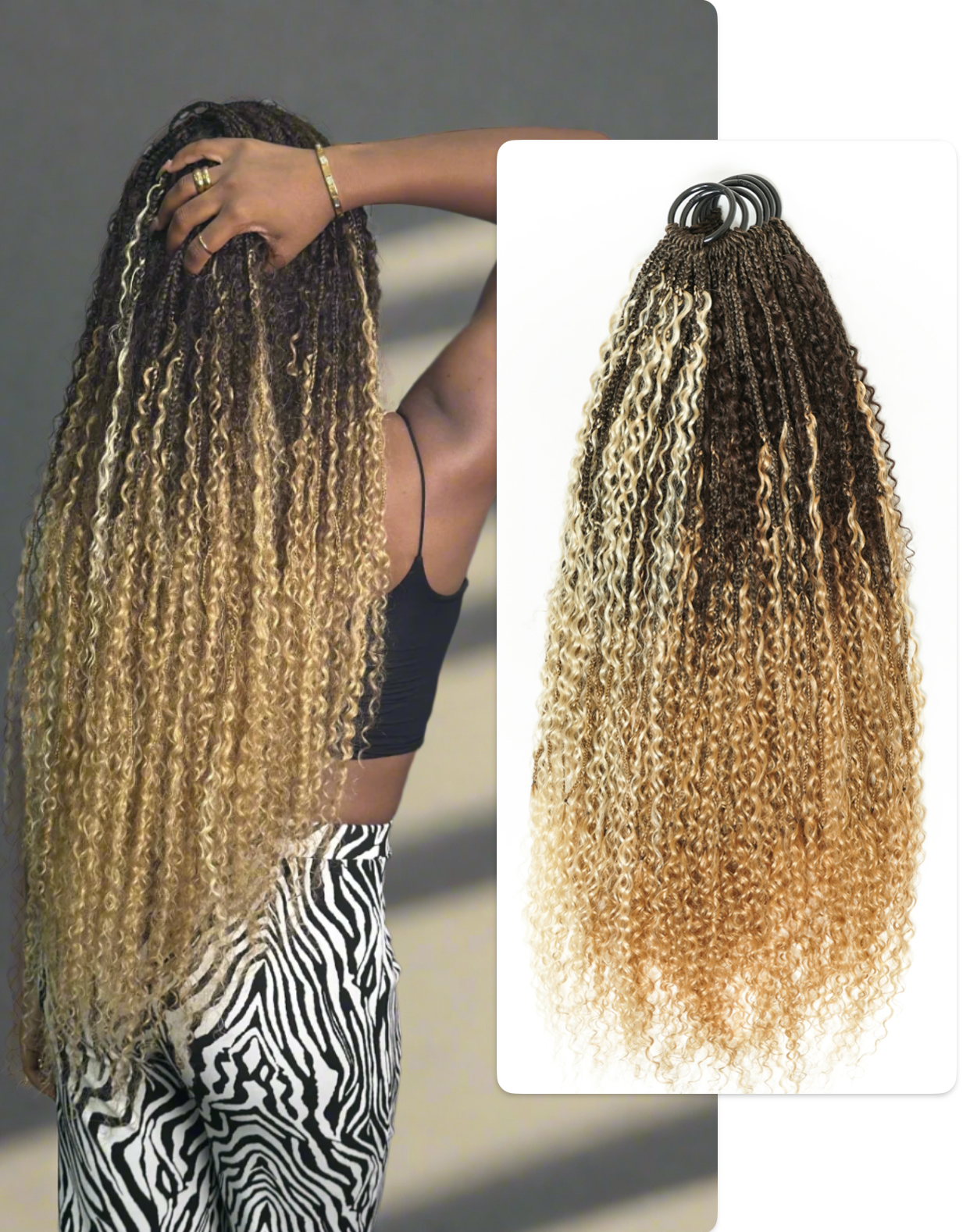
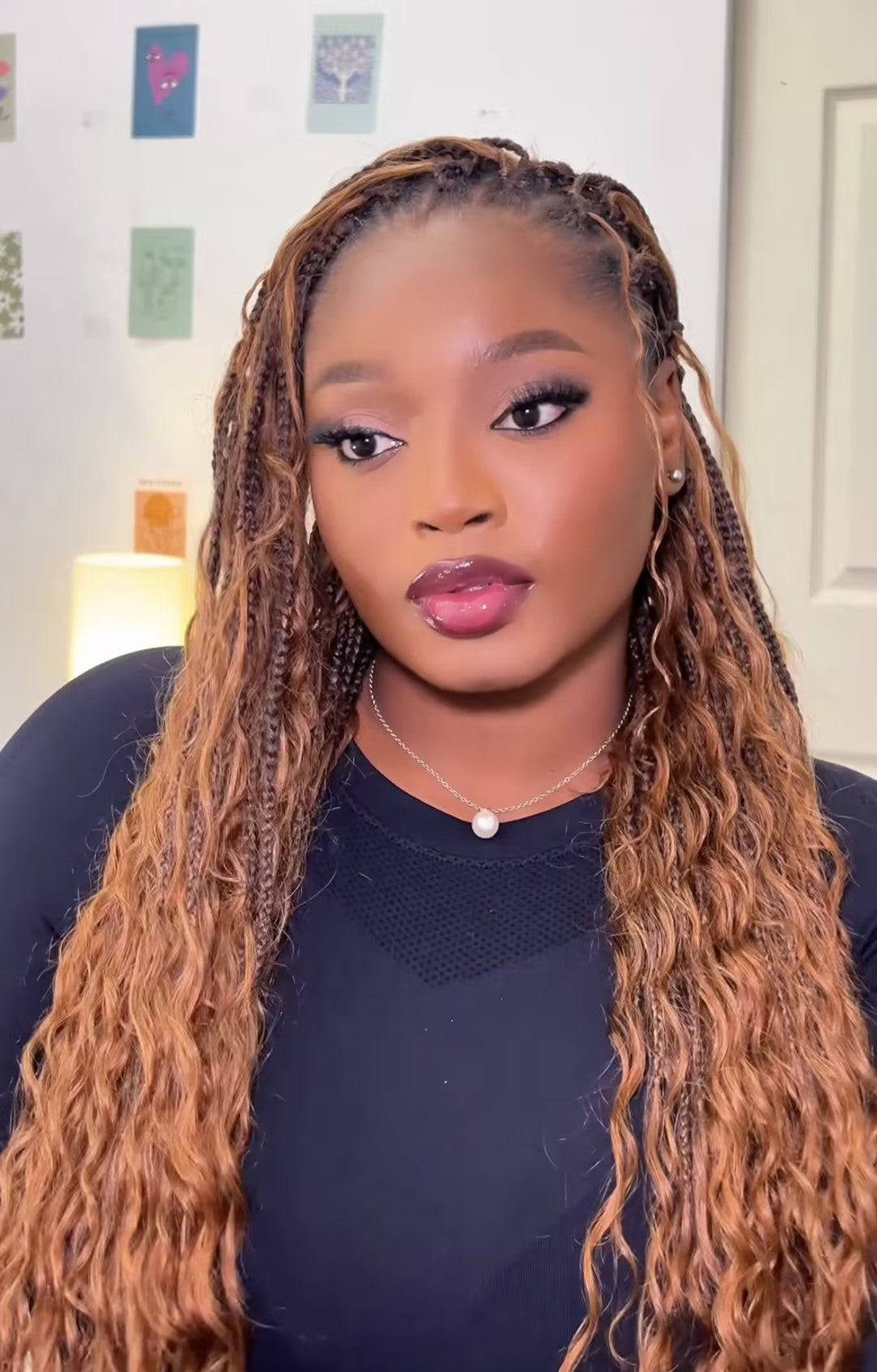
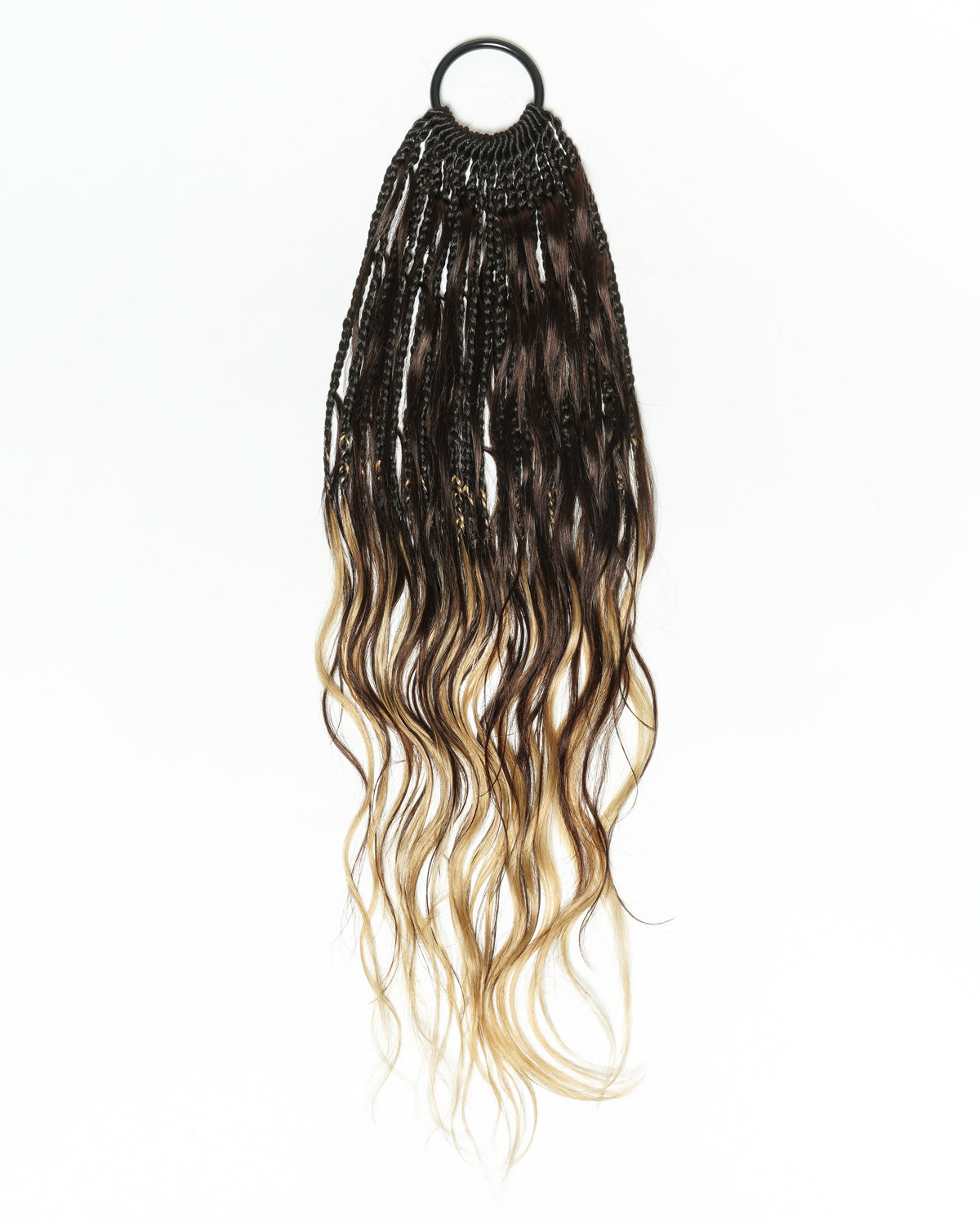
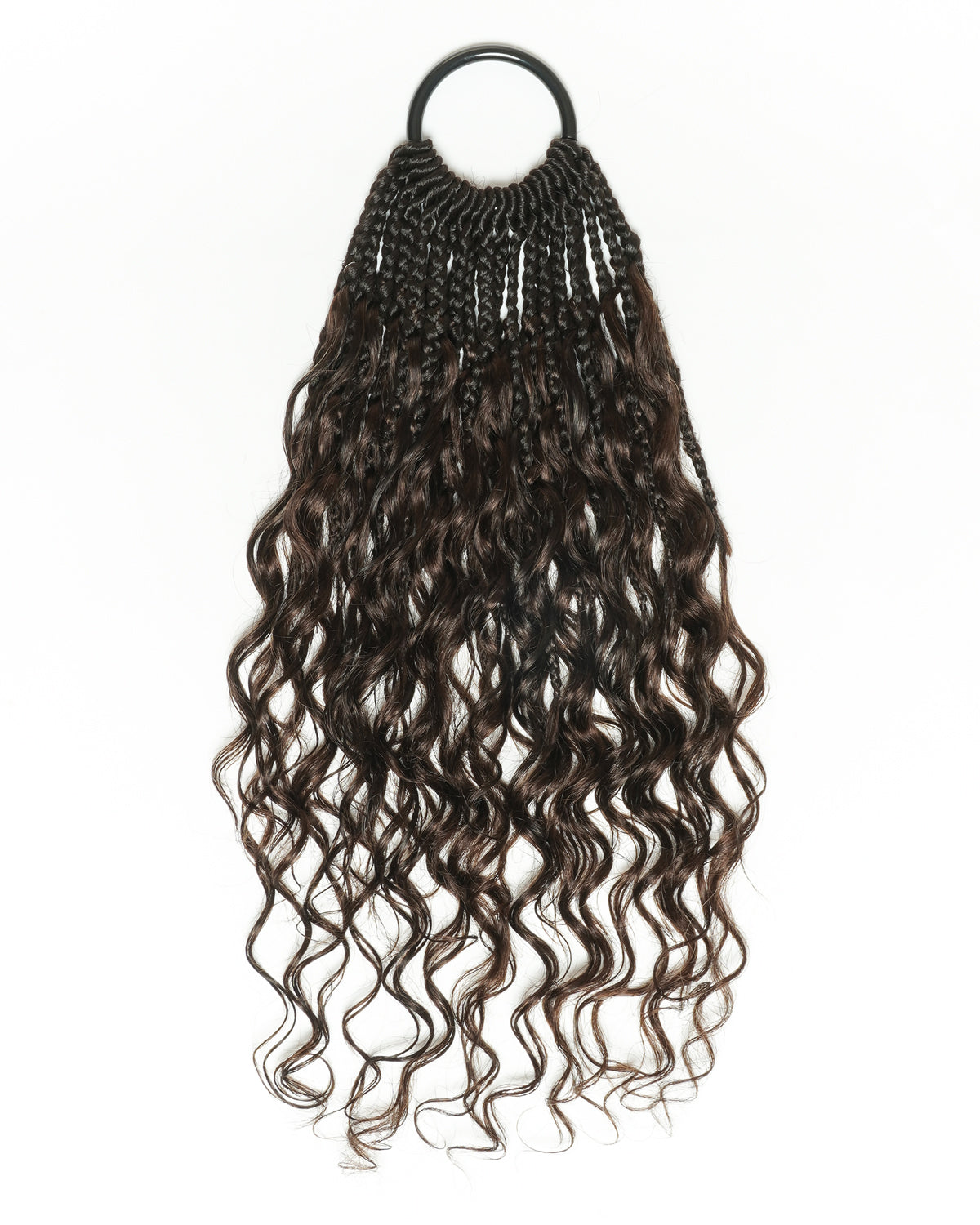
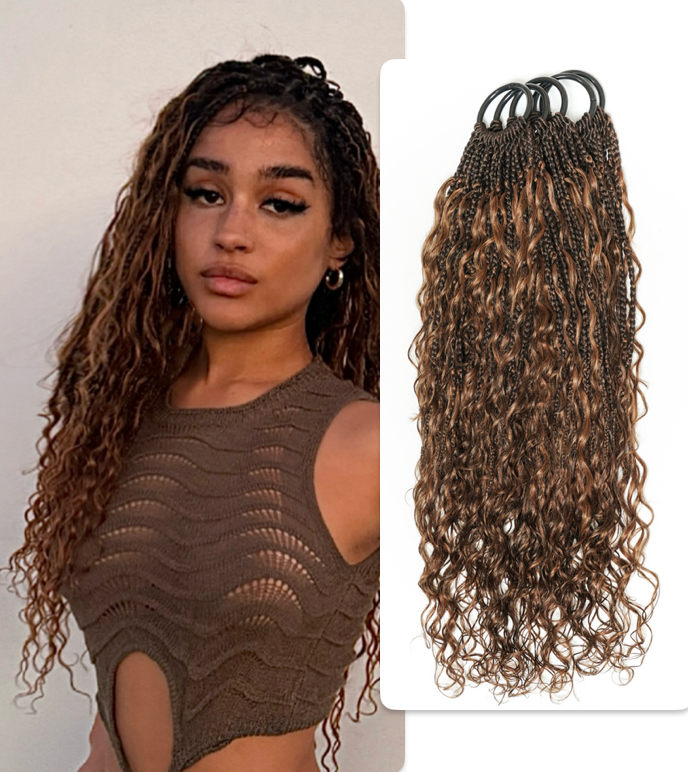
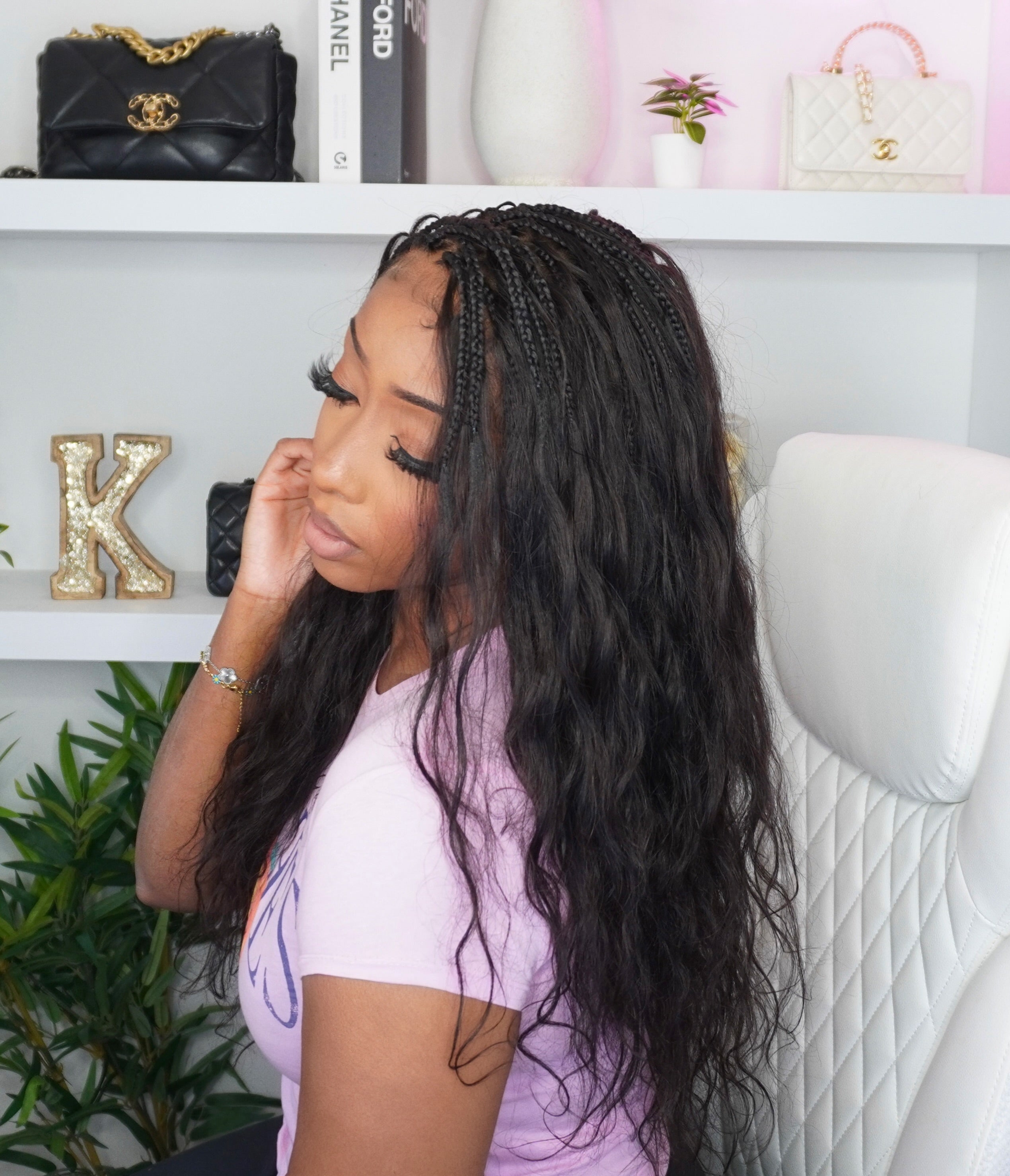
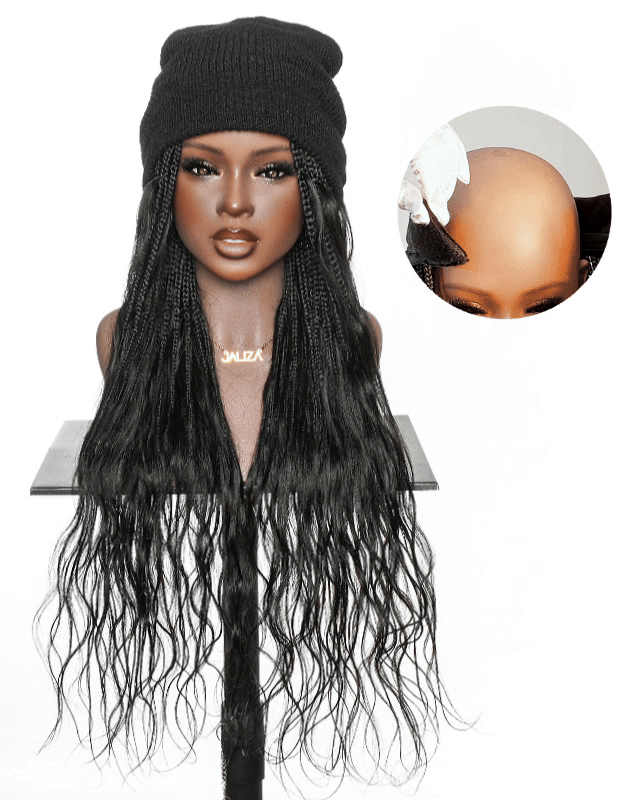

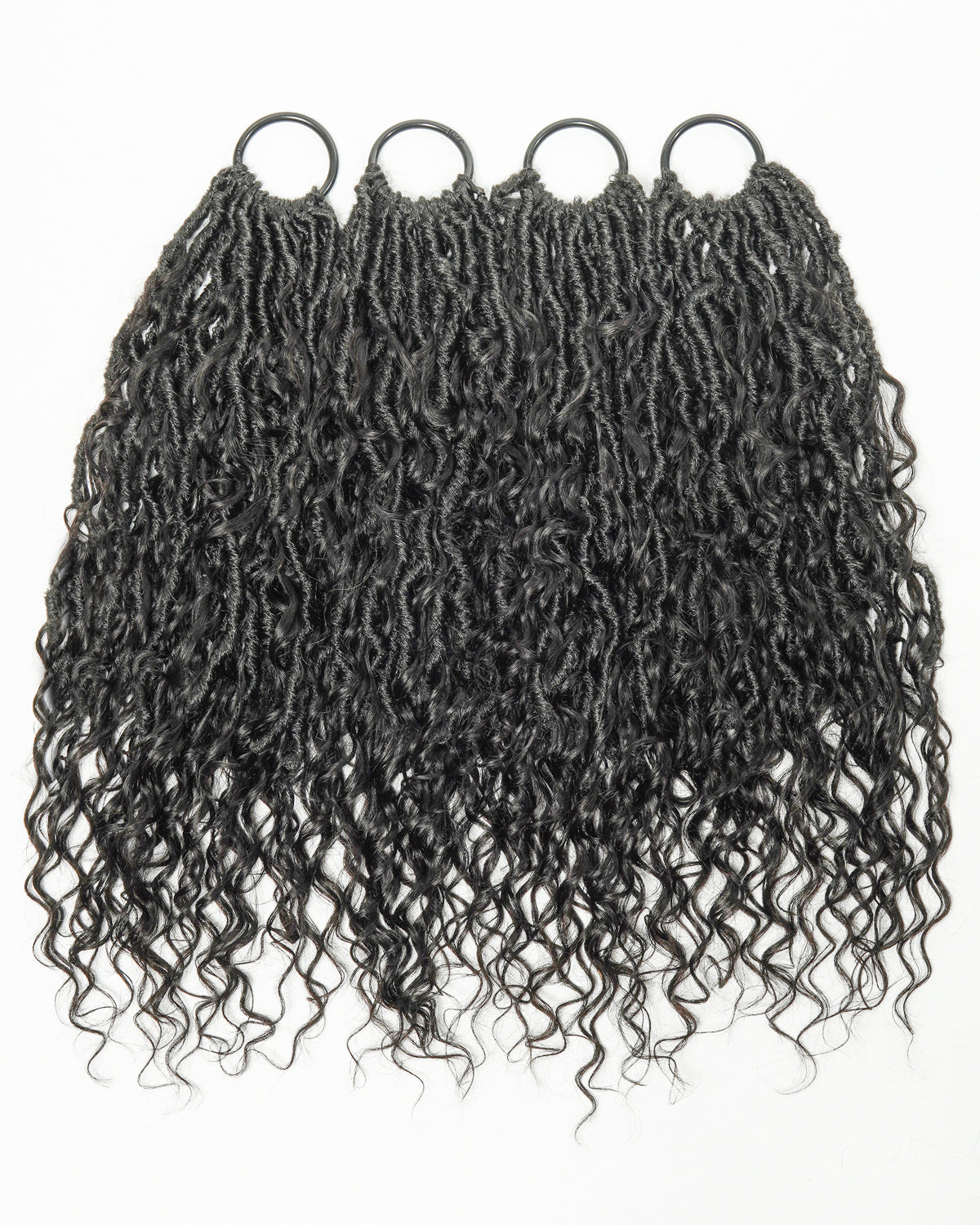
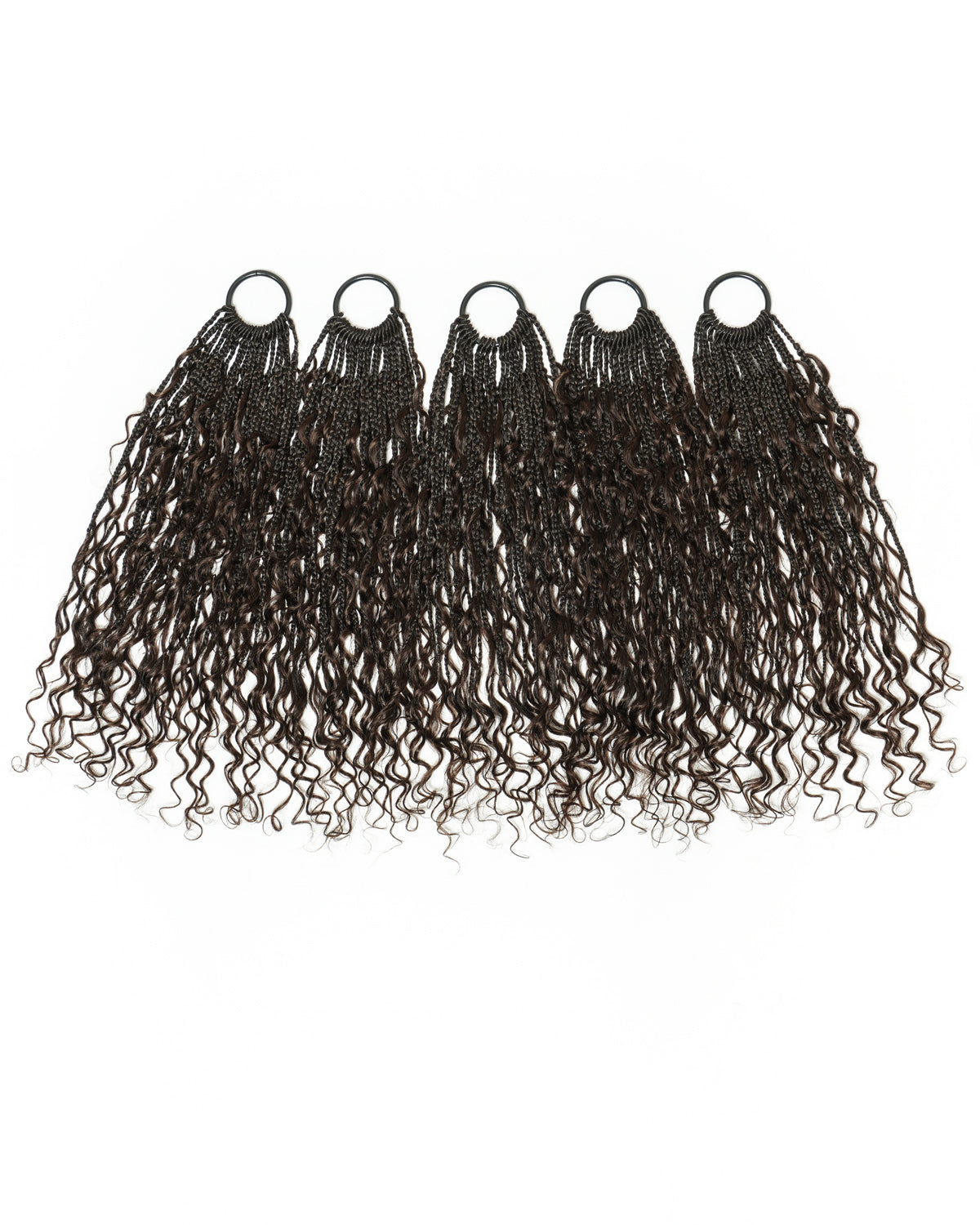
Share:
Mastering the Art of Swimming with Knotless Braid Wigs: A Comprehensive Guide for Active Lifestyles
Navigating the World of Locs Braided Wigs: An Essential Overview